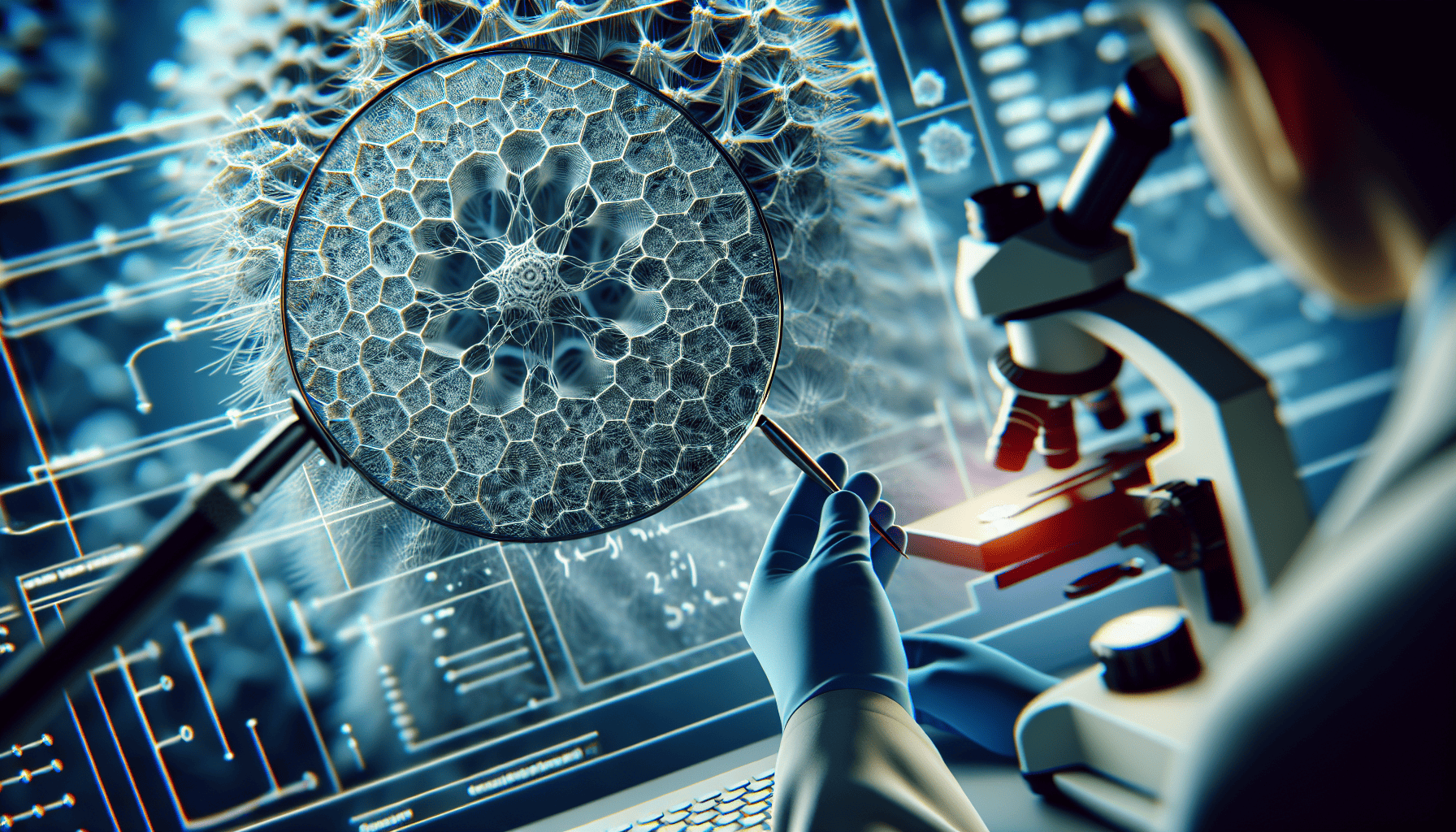Nanotechnology is revolutionizing a myriad of industries by enabling scientists and engineers to manipulate matter at the atomic and molecular scale. This burgeoning field of science, which deals with structures sized between 1 and 100 nanometers, holds the potential to transform everything from healthcare to electronics, energy, and environmental solutions.
One of the most promising aspects of nanotechnology is its application in medicine. By designing nanomaterials that can interact specifically with biological molecules, researchers are developing highly targeted drug delivery systems. These systems can home in on diseased cells with precision, reducing side effects and improving overall treatment efficacy. For instance, nanoparticles can be engineered to deliver chemotherapy drugs directly to cancer cells, minimizing damage to healthy tissues and enhancing the patient’s recovery prospects.
Besides healthcare, nanotechnology is making significant strides in the electronics industry. The continuous demand for smaller, faster, and more efficient electronic devices is driving advancements in nanoscale materials and components. Carbon nanotubes, which exhibit extraordinary electrical conductive properties, are poised to replace traditional materials used in semiconductors, potentially leading to the creation of ultra-efficient and durable batteries and processors.
In the sphere of energy, nanotechnology could be the key to more sustainable solutions. Researchers are exploring how nanomaterials can improve the performance and cost-effectiveness of solar panels, making renewable energy more accessible. Nano-enhanced solar panels can capture more sunlight and convert it to electricity with higher efficiency, at a reduced cost. Additionally, innovative nanostructured catalysts are being developed to boost the efficiency of fuel cells and water-splitting technologies, vital for clean hydrogen production.
Environmental remediation is another critical area where nanotechnology can play a revolutionary role. Nanomaterials are being employed to develop advanced filtration systems capable of removing pollutants with unprecedented precision and efficiency. These systems can treat wastewater, remove toxic metals, and even break down chemical pollutants, paving the way for cleaner air and water worldwide.
Despite its potential, the manipulation of matter at such a minute scale also brings challenges. There are concerns regarding the environmental and health impacts of nanoparticles, particularly their potential toxicity and long-term interactions with biological systems. Thus, as research progresses, ensuring safe design processes and thorough regulatory frameworks will be crucial to maximizing the benefits of nanotechnology while minimizing risks.
As nanotechnology continues to evolve, it promises to deliver groundbreaking results across diverse fields. Whether through enhanced medical treatments, more efficient energy solutions, or advanced electronic devices, the ability to manipulate matter at the atomic level is unlocking unprecedented opportunities. The coming years will undoubtedly witness even more innovative applications, fundamentally altering how we interact with the world around us.
